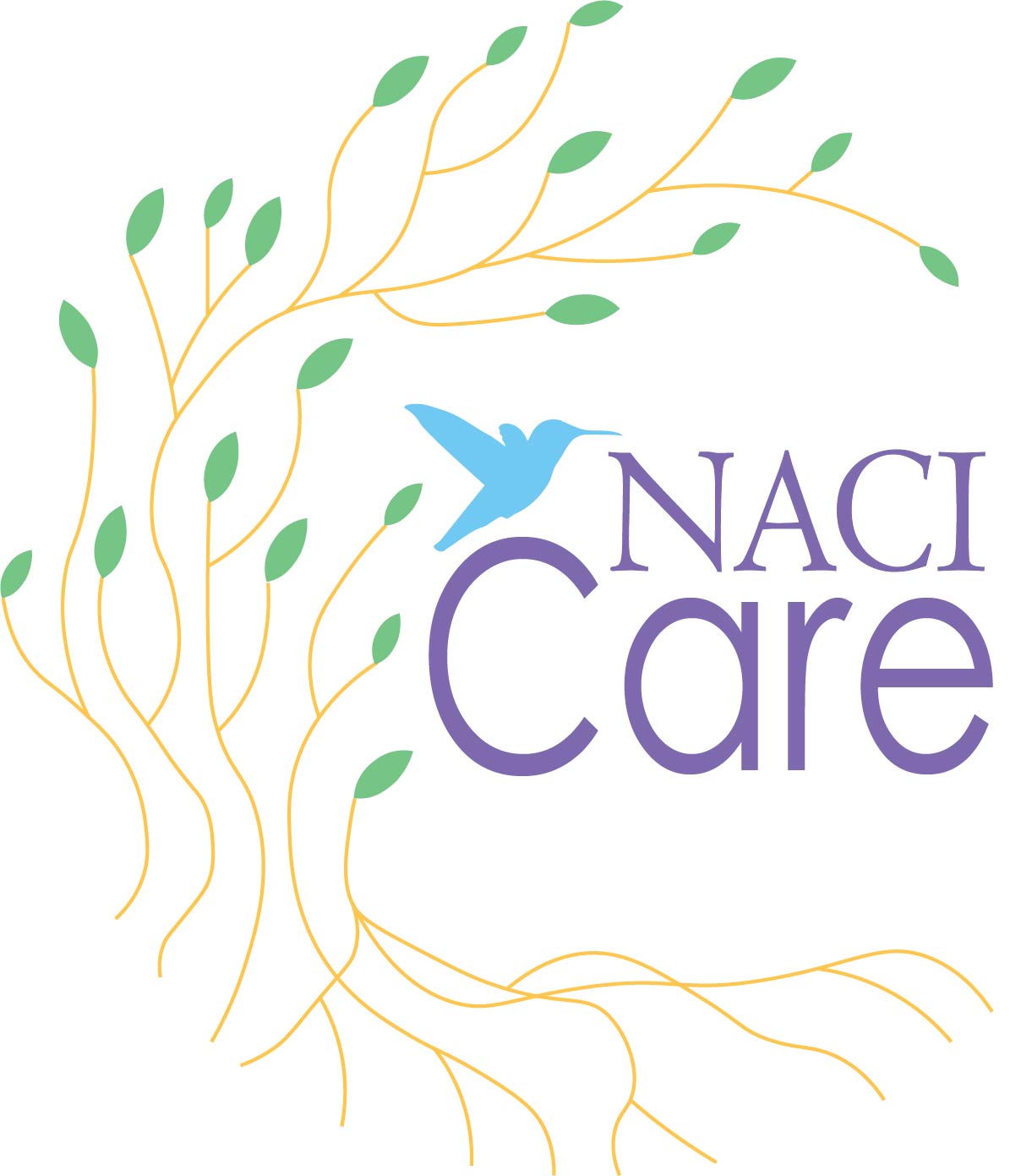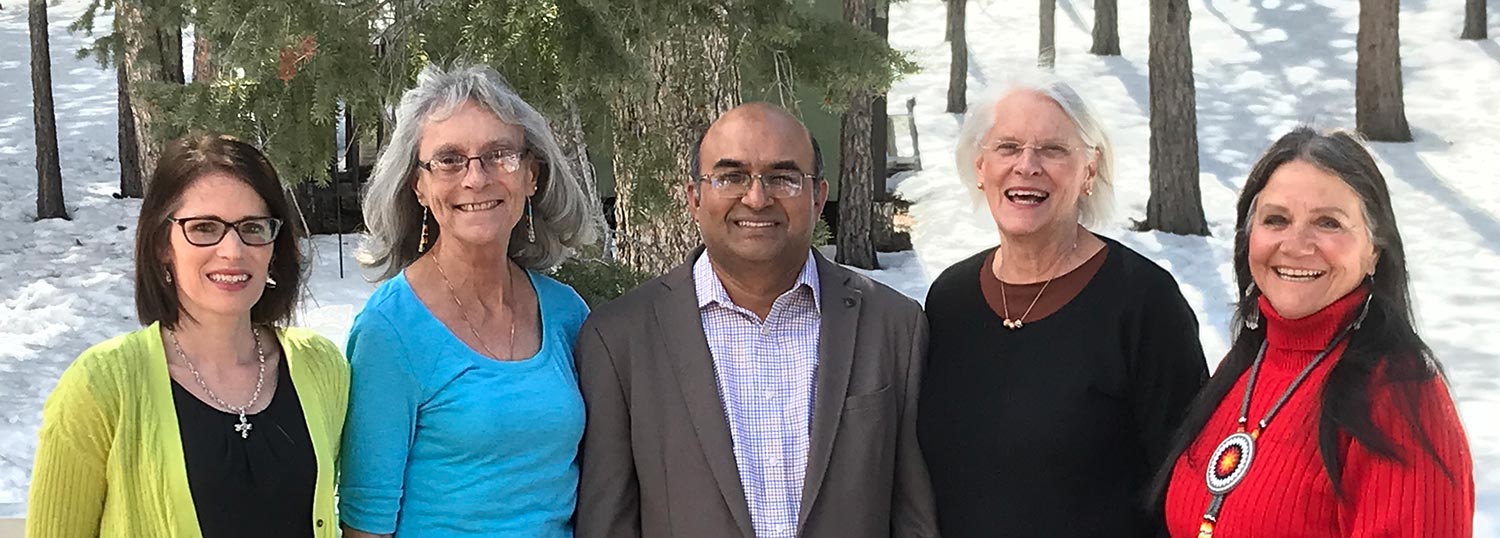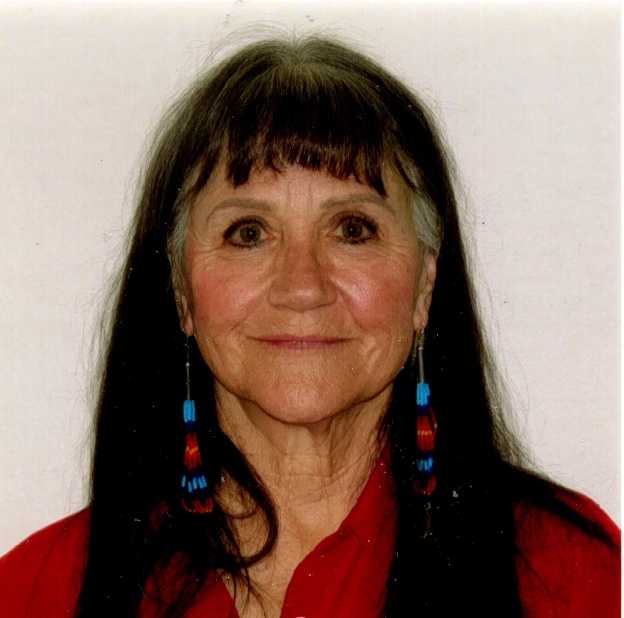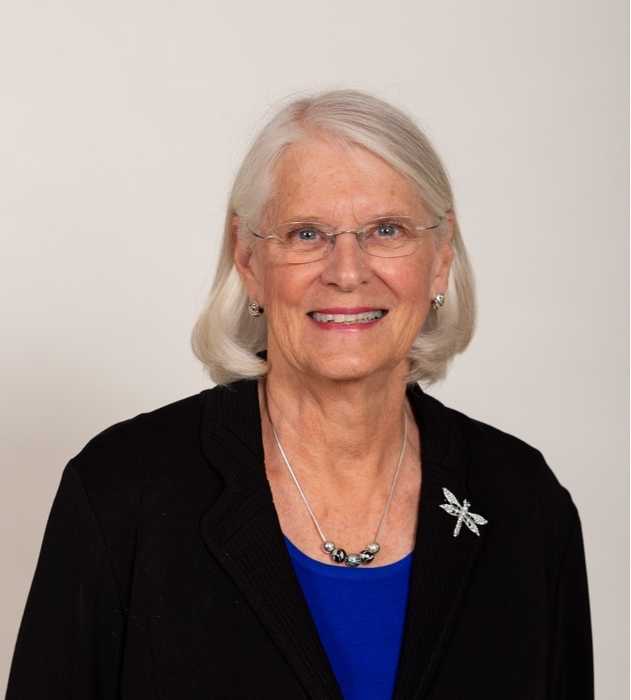NACI Care™: A Patient Navigation Data Entry, Tracking, and Evaluation Tool
What is NACI Care™?
- A data entry, tracking and evaluation patient navigation tool that:
- Expedites gathering, collecting and analyzing patient navigation visit data
- Facilitates compliance with ~35 nationally recommended standardized metrics
- Manages patient care (in and out of clinical settings)
- Focuses on cancer care, addressing the entire cancer continuum (outreach to end of life)
- Capable of generating tailored pages and reports for:
- Individual or groups of patients
- Individual or groups of patient navigators (PNs)
- Navigation program evaluation, research, and benchmarking
- Designed to work on iPad tablets
- Capable of linking with EPIC electronic health records
Who is it for?
- Professional Navigators
- Oncology Patient Navigators (OPNs)
- Native Sisters/ Brothers, community-based Navigators, Promotoras de Salud, Community Health Workers
- Oncology Nurse Navigators
- Oncology Social Work Navigator
- Patient Navigation Administrators/Supervisors
- Program Evaluators
- Researchers
What are the benefits: Patient Navigator
- Provides a convenient, easy-to-use method to document navigator support and provision of timely, efficient and equitable health care services, demonstrating patient navigation’s overall value to health care
- Simplifies record-keeping and data documentation
- Facilitates systematic data collection and reporting
Features
- Allows for real-time summaries specific to individual and groups of patients
- Uses pull down menus, radio buttons, and check boxes for easier documentation
- Data can be input either on or offline (Offline feature not available until summer 2022)
- Allows 24 hour / 7 days a week access
What are the benefits: Administrators
- Allows monitoring of PN interactions
- Creates activity summaries documenting PN value
- Documents activities for billing
- Provides templates for reports
- Includes easy-to-customize reporting functions to create summaries for:
- Patient
- Tumor type
- Issue
- Location
- Includes recommended standardized evaluation metrics from:
- Commission on Cancer
- American Society of Clinical Oncology American Cancer Society
- Center for Medicare and Medicaid's Oncology Care Model
- Association for Community Cancer Centers
- Oncology Nursing Society
- National Accreditation Program for Breast Centers
- Academy of Oncology Nurse and Patient Navigators
What are the benefits: General
- Includes easy access to technical assistance and online training sessions
- Includes automatic program updates
- Can be tailored to meet individual program needs, such as:
- One or more phases of the cancer continuum
- One or more cancer types
- Has optional tailored add-ons (e.g., outreach, surveys)
What are the benefits: Evaluators
- Collects patient perspectives on navigation services
- Generates comprehensive reports providing an in-depth view of program activities
- Creates reports showing compliance with industry regulations and requirements
- Includes multiple filters that allow for tailored summaries and reports (date ranges, demographics of patients, demographics and training of individual Patient Navigators, etc.)
What’s in NACI Care™?
- Three Domains Map of the 3 Components of NACI Care
- Patient: Patient Domain for entering patient data
- New Patient – for when the PN is seeing a new patient
- Existing Patient: for when a patient is already in the system and is being seen for a subsequent visit
- Patient Navigator (PN) (also refers to other user(s) of the program) for entering PN data and activities
- Personal and education data
- Contact information
- Demographics
- Work-site information
- Basic and in-service education
- Navigation Domains and Competencies
- Administrator: Section exclusively for the Administrator/Supervisor; Cannot be accessed by any other staff unless pre-approved
- Form to approve PN/user access to NACI Care™
- Checklist identifying program topics/sections PN can access (defaults plus optional features)
- Multiple Report Templates for:
- An individual or group of PN(s)
- An individual or group of patient(s)
- Overall navigation program
- Options to tailor reports
- Review of any PN data entered
- Patient: Patient Domain for entering patient data
NACI Care™ Provides Metric Reports Recommended for Accreditation (see below)
Tutorials
Click on the links:
03. Tutorial: How to maneuver and enter data
04. Tutorial: Sidebar (preliminary draft)
05. Tutorial
Video Overviews (<1-5 minutes each)
To make the video clearer, once in YouTube, select the settings (cog icon) and select high quality to 1440P
Overview of the NACI Care™ Patient Navigation (PN) Program Overview of the Patient Navigation Evaluation Program
Overview of PN Administrator's controls and functions PN Administrator's functions and controls
Overview of Patient Barriers and Solutions tracking within NACI Care™ Patient Barriers and Solutions
Evaluation Metrics recommended for Navigation Programs
In 1999, the Institute of Medicine recommended that quality care is measured using a core set of metrics. The Academy of Oncology Nurse and Patient Navigators (AONN+) identified ~36 core competencies in 2017 that subsequently have been supported by national organizations, including but not limited to the:
- American Cancer Society's National Navigation Roundtable
- American College of Surgeons (ACOS), Commission on Cancer (CoC)
- American Society of Clinical Oncology (ASCO)'s Quality Oncology Practice Initiative (QOPI)
- Center for Medicare and Medicaid's Oncology Care Model (OCM)
- Merit-based Incentive Payment System / Alternative Payment Models (MIPS/APMs)
- National Accreditation Program for Breast Centers (NAPBC)
- Oncology Nursing Society (ONS)
These metrics are being used to evaluate whether patient navigation can improve outreach throughout end-of-life and overall value in healthcare. They also are being used as criteria for patient navigation accreditation certification and programs.
These reports within NACI Care™ are grouped:
Navigation Load
- Navigation Caseloads
- Clinical Trials Education
- Patient education
- Patient Retention through Navigation
Compliance
- Treatment Compliance
- Patient Transition from Point of Entry
- No show rate
Patient /Participants Characteristics
- Demographic: best ways to learn
- Barrier Report
- Disparate Population at Screening Event
Referrals
- Clinical Trial Referrals
- Referrals to revenue-generating services
- Referrals to revenue-generating services by PN
- Cancer Screening
- Social Support Referrals
- Social Support Referrals for survivors who have completed SCP
- Palliative Care Referral
Diagnosis & Treatments
- Diagnosis to First Oncology Consult
- Diagnostic Workup to Diagnosis
- Cancer Screening Follow-Up to Diagnostic Workup
- Completion of Diagnostic Workup
- Treatment Compliance
- Diagnosis to initial treatment
- Patient Transition from Point of Entry
Hospital
- 30-, 60-, 90-Day Readmission Rate
- Inpatient Oncology Unit Length of Stay
- Emergency Department Utilization
- Emergency admissions per Number of Chemotherapy Patients
Surveys
- Patient Experience / Patient Satisfaction with Care
- Patient Experience / Patient Satisfaction with Navigation Program
- Psychosocial Distress Screening
- Patient goals
- Survivorship Care Plan
- Transition from Treatment to Survivorship
PN Characteristics
- Navigation Knowledge at Time of Orientation
- Oncology Navigator Annual Core Competencies Review
Institute of Medicine and National Research Council. Ensuring Quality Cancer Care. Washington, DC: National Academies Press. 1999. https://doi.org/10.17226/6467 accessed August 26, 2020


Meet the NACI Care™ Team

Linda Burhansstipanov, MSPH, DrPH
"Linda B" (Cherokee Nation) taught at California State University Long Beach from 1971-1989 (promoted to full professor in 1988) and University of California Los Angeles (Part-time) from 1971-1976. During her early professional career, in addition to teaching, she worked with the National Native American AIDS Prevention Center (1985-1989) and with multiple rape and women’s violence programs and free clinics (1977-1985). She was on the Board of Directors for the American Indian Clinic (Compton and Bellflower, CA) in 1986-1989, which started her formal work within AI communities. She was the Program Director and developed the Native American Cancer Research Program at the National Cancer Institute (NCI) of the National Institutes of Health (NIH) (1989-1993) and Director of the Native American Cancer Research Program at Anchutz Medical Center in Denver, CO (1993-1998). In 1998 she created Native American Cancer Initiatives, Inc. (NACI), a for-profit, woman-owned business. In 1999 she created Native American Cancer Research Corporation (NACR) a community-based, non-profit 501(c)(3) organization. Profits from NACI helped support the growth of NACR during the initial 8 years of its existence. Today she continues her teaching through community based and professional trainings/workshops. As an author she has published over 170 peer-reviewed journal articles and chapters on cultural issues and cancer control among Native Americans. She also has served on multiple NIH advisory boards and scientific councils.

Linda U. Krebs, RN, PhD, AOCN, FAACE, FAAN
Linda Krebs (“Linda K”) is Associate Professor Emerita at the University of Colorado, College of Nursing and President/CEO of Oncology Consultation, Education and Advocacy Network (OCEAN). Dr. Krebs works collaboratively to enhance the quality of life of Native Americans and medically un/underinsured individuals with cancer through Native American Cancer Research Corporation in Denver, CO and Native American Cancer Initiatives, Incorporated in Pine, Colorado. She has extensive experience in oncology nursing and in oncology education for healthcare providers and the public, holding roles such as oncology clinical nurse specialist, cancer screening practitioner, and oncology nurse consultant/educator. Dr. Krebs has served as a mentor for the Moffitt Comprehensive Cancer Center's NCI-funded Cancer, Culture and Literacy Program, as a Core Member of the NCI's Central IRB, as Director/Practitioner for the University of Colorado Hospital’s nurse-run cancer prevention and screening clinic and as a Principal Investigator or Co-Investigator on locally and federally funded cancer-related projects. She is the author of more than 100 articles, book chapters, brochures and media presentations focused on cancer symptom management, cancer prevention and early detection and cancer survivorship. Dr. Krebs is past Chair of the Conference Management Portfolio for the International Society of Nurses in Cancer Care (ISNCC) where she was responsible for ISNCC’s International Conferences on Cancer Nursing 2014 to 2021. Additionally, Dr. Krebs is a Fellow of the American Academy of Nursing and of the American Association for Cancer Education. She also is a past national president of the Oncology Nursing Society and speaks nationally and internationally on cancer care.

Lisa Harjo, MEd
Lisa Harjo is a member of the Choctaw Nation of Oklahoma. Since 2000, she has been a Native Patient Navigator and Executive Director of Native American Cancer Research Corporation. She has worked in the public health arena since 2000, promoting and implementing projects that address health disparities for American Indians (AI), especially in cancer care and improved services and outcomes. Before coming to the health field, she spent twenty years teaching all ages from preschool through higher education while also working at the Denver Indian Center as a Teacher and then Executive Director. She also worked with over 75 American Indian tribes since 1988, providing workshops and training on a wide variety of topics. She received her Bachelor of Science in Native American Education and Child Development in 1974 from the University of California at Davis and a Masters of Education in Elementary Curriculum and Instruction from the University of Colorado at Denver in 1986. She lives in Denver, Colorado with her husband and their granddaughter.

Sheikh Iqbal Ahamed, PhD
Sheikh Iqbal Ahamed is a professor of Computer Science and director of Ubicomp lab at Marquette University, USA. He is a senior member of the IEEE, ACM, and the IEEE Computer Society. He completed his Ph.D. in Computer Science from Arizona State University, USA in 2003. His research interests include mHealth, affective computing, non-intrusive technologies. He is active in system and application development of mHealth projects for Native American and other underserved populations like Nepal, Bangladesh. He has published 100+ peer reviewed journal, conference and workshop papers. He has received twelve best paper/posters awards in last five years. Dr. Ahamed serves regularly on international conference program committees in software engineering and pervasive computing such as COMPSAC, PERCOM and SAC . He has been serving as the Standing Committee Vice Chair of IEEE COMPSAC, which is a since 2015. He is the Guest Editor of Computer Communications Journal, Elsevier.

Kate Jones, MA
Kate Jones, MA, is a program evaluator independent contractor. She received her MA in health care economics from the University of Cincinnati in 2003. She has over 10 years of experience designing and implementing evaluations in public health, school, and community settings. She has participated in evaluations in areas, such as tobacco prevention and cessation, physical activity and nutrition, and cancer prevention and control. Jones has experience with survey development and implementation, database management, data analysis, and data visualizations.

Mark Dignan, PhD, MPH
Mark Dignan, PhD, MPH, is a professor in the Department of Internal Medicine and Director of the Prevention Research Center at the University of Kentucky. He received his PhD in Public Health Education from the University of Tennessee and an MPH in Biostatistics from the School of Public Health at the University of North Carolina at Chapel Hill. His research has been focused on community-based cancer prevention and control for most of his career and has included projects that developed and evaluated mass media programs, lay health advisor and navigator interventions for patients and the public, and health care provider programs designed to increase screening and adherence to follow-up recommendations among medically underserved rural and minority populations. He is active in conducting evaluations with projects for several Native American and other rural medically underserved populations.

Corrie Santos, PhD
Dr. Cornelia Santos (Apache, Navajo) has an interdisciplinary focus with degrees in Biology, Chemistry, and Environmental Science to support her research emphasis in environmental determinants of cancer and chronic disease. She graduated with her doctorate from the University of Colorado, where she was the first Native American to graduate from the School of Educational Leadership in Denver, Colorado. After graduation, she was appointed as a post-doctoral fellow at the University of Colorado, Anschutz Centers for American Indian and Alaskan Native Health (CAIANH). She has spent time as a research consultant and as a researcher for cancer initiatives, Denver Public Health, Native American Cancer Research Corporation, and Native American Cancer Initiatives, Incorporated. She also draws on her work as a professor of Environmental and Indigenous Studies (Bemidji State University, Universities in Colorado and Minnesota) combining the wisdom of Indigenous Knowledge with her approach to Environmental Health and cancer determinants. Many of her projects draw on her expertise in these areas and on the improvement of the overall health and welfare of Native and marginalized populations.